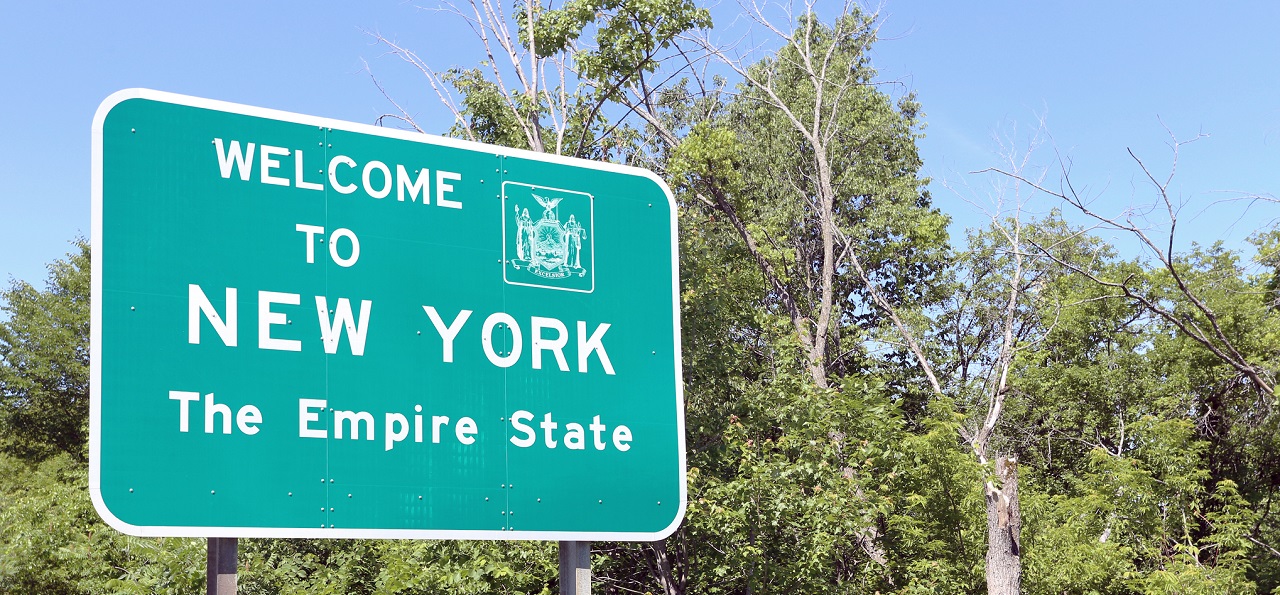Legislation banning employment noncompete agreements was approved last week by the New York State Assembly and is now awaiting the governor’s signature; however, the governor could still veto.
The legislation would prohibit employers’ future use of noncompetes, though it does not restrict the use of confidentiality agreements or nonsoliciation agreements.
A noncompete clause is one of several different types of “restrictive covenant” provisions used in employment contracts, Fiona Coombe, SIA’s director of legal and regulatory research, wrote last month in a CWS 3.0 article that discussed how businesses can protect themselves in the future.
“Noncompete agreements are bad for workers, bad for consumers and bad for the economy,” said New York State Sen. Sean Ryan, a Democrat and sponsor of the legislation. “Prohibiting their use will put an end to the increasingly common practice of employers in New York imposing unnecessary restrictions on their employees’ career mobility. It will also create a lasting positive impact on our state’s job market, allowing businesses to hire the best candidates for vacant positions.”
The move by New York State comes as the US Federal Trade Commission also looks to prohibit noncompete agreements. That move has drawn concern from some in the staffing industry.
If the legislation is signed by the governor, staffing firms in New York will no longer be able to prohibit workers from working for a competitor after they leave, and it will affect staffing firms that use such agreements, Joel Klarreich, a partner with law firm Tannenbaum Helpern Syracuse and Hirschtritt LLP, wrote in a note to SIA. Still, he had not heard of an adverse impact on the staffing industry in states that already ban noncompetes.









